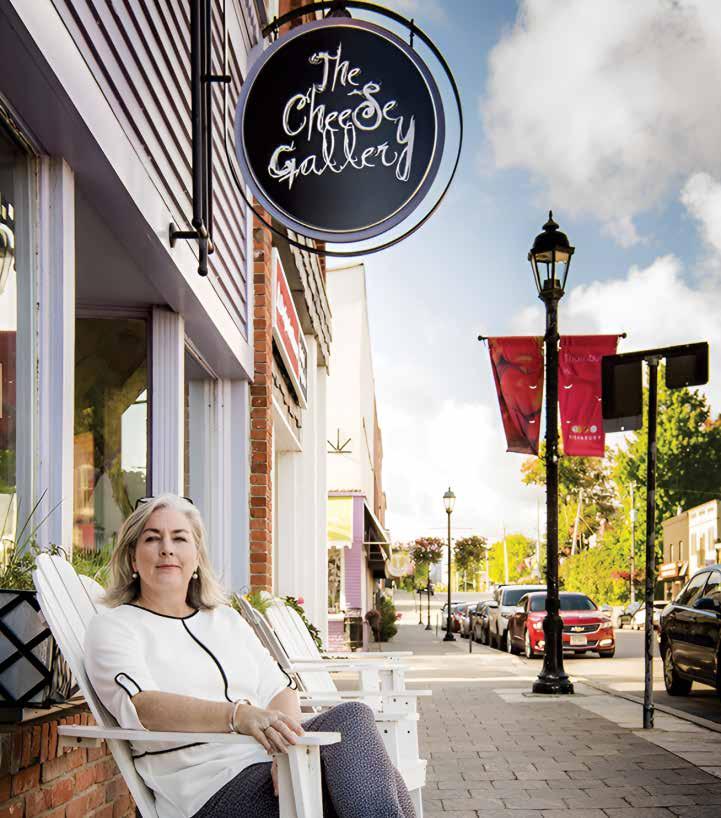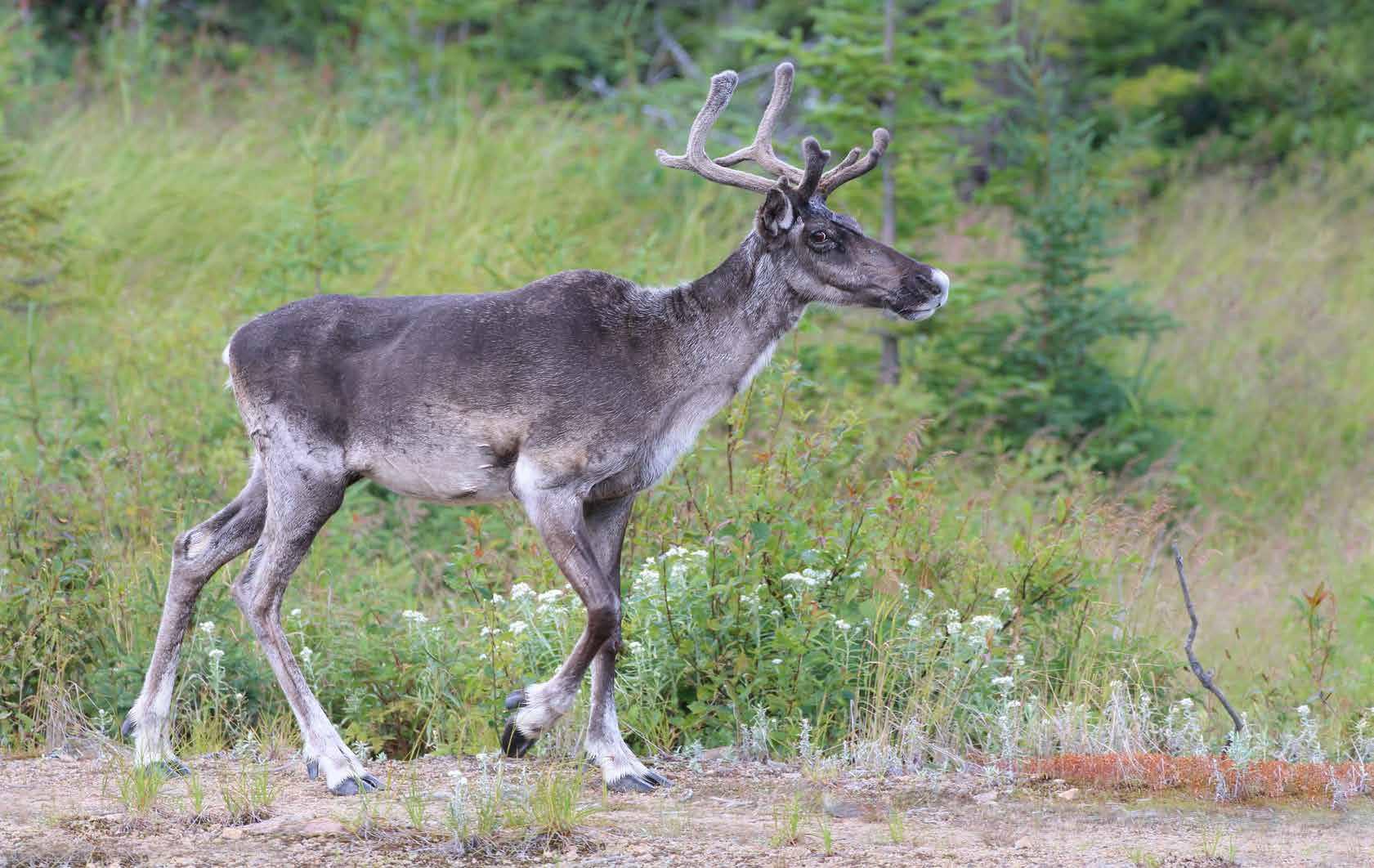
2 minute read
ISLAND SPEED
Slowing down in the Gulf Islands words :: Noa Hawthorn Harris photos :: Glen Harris
Arriving in the Gulf Island National Park Reserve in the quiet, lateSeptember breezes of BC, I was surprised at the sparsity of our itinerary. (This wasn’t my first National Parks trip with my family— usually we travel as a group of four, but this time it was just my dad and I.) In the past, every day had been filled with activities, but this time our to-do list read: “Walk around the town, meet the locals, picnic by the water, hike to campsite.” How would we fill our days on these tiny, remote islands? We would quickly realize that the point of our itinerary was to slow us down.
It took little time for us to appreciate this new pace. We had no tasks to complete, only the experience to be present in. On day two I wrote in my journal: “I have never felt so calm.” These islands have perfected the speed of life: slow.
Vancouver Island was our first stop. We spent an entire afternoon at a coffee shop before wandering down the street to pick out a book and deck of cards for the trip. The island felt like one huge wilderness park, open for us to explore. Google Maps took us on a wild journey down a winding road to our hike of the day; the farther we drove, the more the trees drooped down, creating a tunnel of forest. The trees were magical and giant, and so were the slugs (which I was terrified of).
As we headed off to our second island, Saturna, the clouds dropped low, closer to the water, surrounding the ferry. The least developed of the Gulf Islands, Saturna is home to less than 400 people year-round. It has only one store (Saturna General Store & Freight) and only two roads (one east and one west). Our first stop on the island was the most eastern point, where we met two men who live on the island part time. Like everyone on Saturna, they were in absolutely no rush—”Saturna speed,” they called it. They spoke to us like we had known them our entire lives and like we would meet again someday soon.
Camping on Saturna was my first experience hiking to a site, and I don’t think we could have been gifted with a more beautiful view. The forest opened up to a protected point on the ocean, where the water was a deep glacier blue and the trees were tall with twisted trunks. The sun shone down, welcoming us to our home for the next few days. The site was located right on the edge of Canada, but it felt like the edge of the world—with mountains visible in the distance and the sun rising from the ocean every morning. Two sailboats rolled into the bay our first night, the gentle sounds of their hulls bobbing in the waves lulling us to sleep.
Our final day of the trip we spent on Pender Island. There we hiked along the ocean, not once seeing another human—although a deer weaved in and out of the forest with us, meeting us multiple times as we continued along the path. She must have liked the Radiohead playlist Dad was playing on his speaker.
On the final page of my journal entry I wrote: “My heart healed on this trip. My body relaxed and I found a new appreciation for slowing down.” We discovered a new pace of life in this tiny corner of the world, and I brought that lesson back home with me.
With Fresh Air, Mountain Life highlights emerging local voices, giving the next generation of outdoor enthusiasts a space to share their unique perspective. Noa Hawthorn Harris is a graduating Grade 12 student, attending McGill University in the fall. – Ed.







